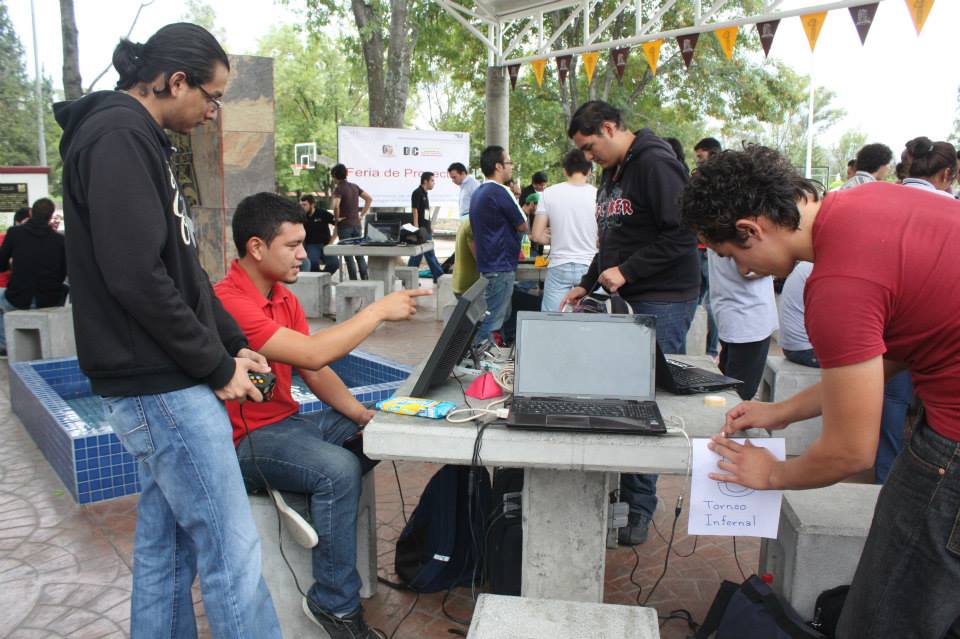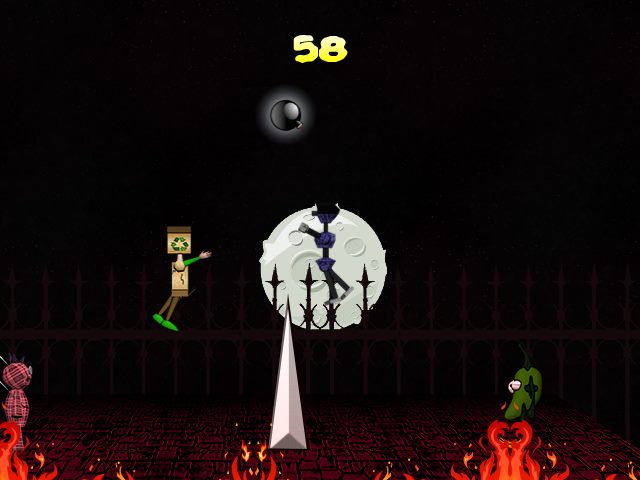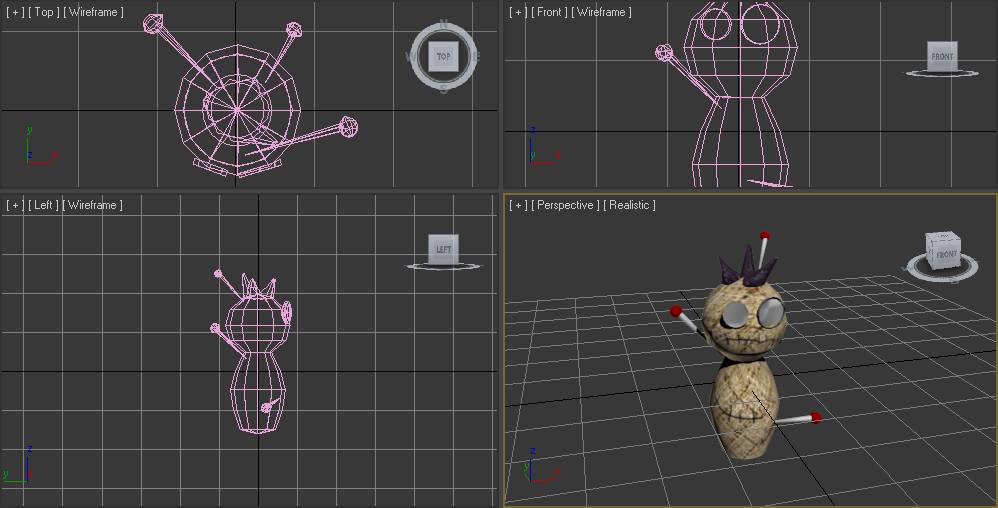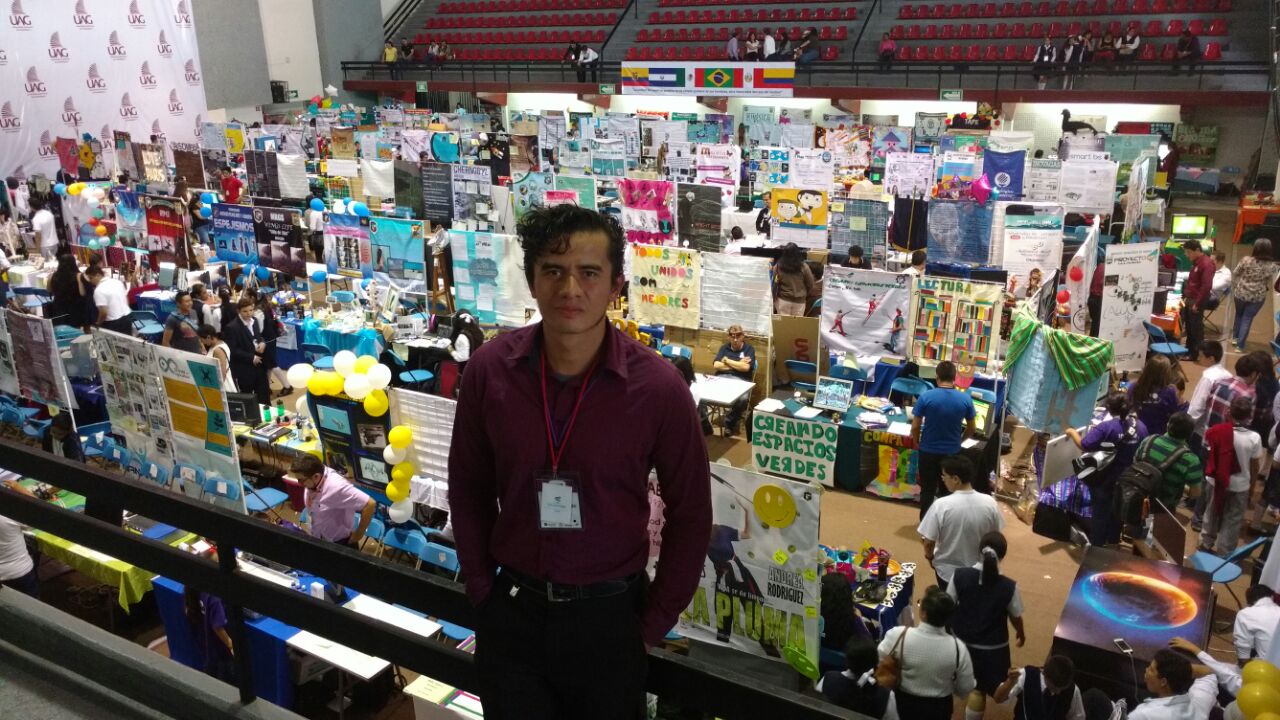Maybe I’m a terrible “loser” and perhaps I’m jealous because I wanted “the public recognition” of being the absolute champion and master of Software Engineering, but the truth is that regardless of your profession, competitions are more likely to be a waste of time and distract you from your real objective rather than being “the path to success”.
I’m not saying that you cannot learn and get something useful out of them, but focusing your efforts on the outcome of competitions instead of making an awesome product will eventually lead to disappointment and frustration (even if you win).
I know a few people whose dreams vanished because they tried really hard and failed to get that “big reward”, so they gave up. Additionally, I’ve met individuals who devoted all their efforts towards winning a competition, only to find that upon achieving victory, it had no lasting effect and they had wasted valuable time and lost their motivation.
How many apps or video games have become extremely popular after winning one? Did artists who participate in talent shows have long-term popularity? Have businesses or projects that received government funding through crooked selection processes maintained sustainable income?
You get the point. I want to share my personal experiences because I think that they clearly illustrate the common issues that arise in them.
My first experience



I spent about three months creating my own videogame, “Infernal Tournament”, from scratch, including coding and creating all 3D models, to participate in a videogame development competition at my university. However, the judges didn’t give my game a fair chance, only looking at it for three minutes because it was about to rain (and they were probably tired and hungry), even though they spent more than 20 minutes testing the first games. I did not win the competition, but what upset me the most was that the judges did not follow their own rules. They were supposed to evaluate each game for 10 minutes based on technical complexity, gameplay, and whether all assets were self-made. Instead, the winner was a generic videogame that could have been coded in less than four hours, and the judges argued that it had “the most commercial potential”, which was not even part of the original criteria. I believe that game won because the creators had a good pitch, it was short enough to be reviewed within a couple of minutes and they decorated their stand professionally, like a game development studio.
It took me some time to get over this failure, even though I knew the evaluation was unfair. My friends told me that my game was the only one that was truly fun, but I focused on the negative outcome.
The worst experience
I had another negative experience in a competition called “Projecto Multimedia” organized by “SOLACYT” (a non-profit organization in Latin America). A teacher invited all my classmates to participate, so my friend Vladimir and I decided to sign up in the software category with our project “Morelia Estudiantil”. However, after the teacher saw our awesome project, she attempted to sabotage our participation by lying and trying to redirect us to a different competition. We later found out that another group of students mentored by her was also participating.
We attempted to flag this to the organizers, but it turned out that they were also involved in the rigging. Those students won the competition, despite only presenting PowerPoint slides instead of (at least) a working prototype. I know it was rigged because all participants were asked to attend the inauguration ceremony, but the winning group stayed in their stand during that time. When we went back, they already had a judge’s signature. Winning first place gave them a direct pass to the continental stage in Colombia, all expenses paid. We had another chance to advance by winning on the national stage in a different state, but despite the red flags, I foolishly and stubbornly decided to continue participating. To put an end to this story, we traveled to Guadalajara, Jalisco, just to see how the organizers’ relatives were awarded first places.
After this experience, I mostly felt upset with myself. Why did I spend so much time preparing to win a useless medal instead of improving our project?
Final thoughts
Not everything was bad, of course. I met a lot of interesting people, and we had a chance to promote our project to the other students that attended those events (which were precisely the target audience for it).
So in conclusion, making meaningful contacts and promoting your project (or yourself) are potentially the biggest benefits that you can get from participating in competitions Ironically, we didn’t even prepare for the ones we won.
Of course, learning how to make a compelling elevator pitch is useful, but nothing succeeds without a substantial inner value. So do not take competitions too seriously, and do not waste time creating trash just to participate in something that is probably rigged. Focusing on the medals and prizes (mainly if they are monetary) may be tempting, but considering the lack of transparency of most institutions, I wouldn’t put much effort into that.

